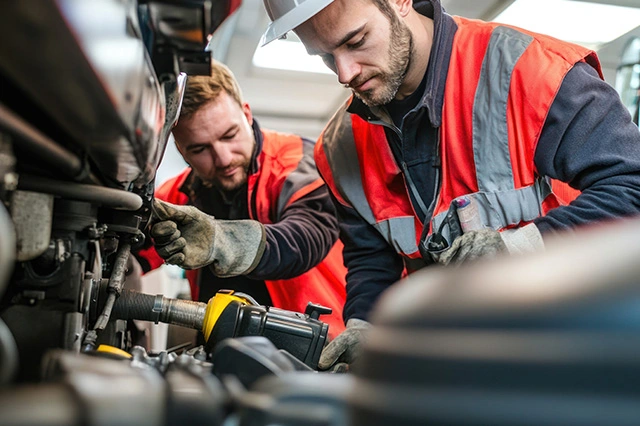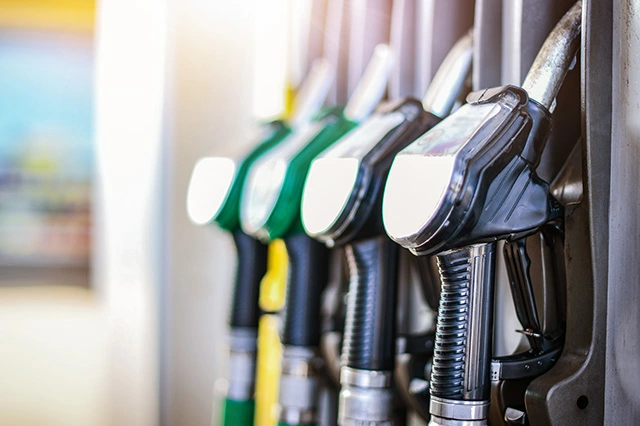The past decade has seen the UK car manufacturing sector undergo significant changes, influenced by global economic trends, shifting consumer preferences, and technological advancements. From a peak in the mid-2010s, the industry faced a series of challenges, including Brexit-related uncertainties, changes in demand for diesel vehicles, and the global push towards electrification.
A Decade of Transformation
In the early 2010s, the UK car manufacturing industry was on an upward trajectory, bolstered by strong domestic and European demand. Major manufacturers, including Jaguar Land Rover, Nissan, and Mini, were expanding production and investment, signalling a robust period for the sector. However, this growth began to plateau towards the latter half of the decade as Brexit negotiations introduced uncertainties, particularly around trade tariffs and supply chain logistics.
The shift away from diesel engines, spurred by environmental concerns and stringent regulations, further impacted UK manufacturers, many of whom were heavily invested in diesel technology. This transition period saw a dip in production volumes, as the industry grappled with changing consumer preferences and the need to invest in new technologies.
Current State of UK Car Production
As of the latest data, UK car production has been navigating a path to recovery, with electrification at its core. The industry has seen a significant push towards the development and production of electric vehicles (EVs), with the UK government announcing ambitious targets to phase out the sale of new petrol and diesel cars by 2030. This has led to renewed investment in EV technology, battery production facilities, and the necessary infrastructure to support a burgeoning EV market.
Despite these promising developments, the industry continues to face challenges, including global semiconductor shortages and supply chain disruptions exacerbated by the COVID-19 pandemic. These factors have led to production delays and have temporarily hindered the sector’s recovery. There is also rapid change required in the motor trade industry with many second hand car dealerships having to adjust to selling electric vehicles over conventional combustion engines.
Combined with the sale of cars, mechanics are also needing to have better understanding of electric vehicles.
Looking to the Future
The future of UK car manufacturing appears to be electric, with a clear focus on transitioning to a more sustainable, technology-driven industry. The government’s commitment to a ‘green industrial revolution’ is encouraging investments in battery technology, hydrogen fuel cells, and other green technologies.
Key to this transformation will be the ability of the UK to position itself as a leader in the EV market, leveraging its strong engineering base and fostering innovation. Partnerships between government, industry, and academia are essential to support research and development, particularly in battery technology and manufacturing processes.
However, challenges remain, including the need for a comprehensive EV charging infrastructure, upskilling the workforce to meet the demands of new technologies, and navigating post-Brexit trade relationships. Additionally, competition from other countries, particularly those with substantial investments in EV technology, poses a significant challenge to the UK’s automotive future.
Conclusion
The UK car manufacturing sector stands at a crossroads, with the potential to reinvent itself as a leader in the global shift towards electrification and sustainability. The next decade will be critical in determining whether the UK can overcome its current challenges and capitalize on the opportunities presented by this transformation. With the right investment, policy support, and industry collaboration, the future of UK car manufacturing could be bright, marked by innovation, sustainability, and economic growth.







